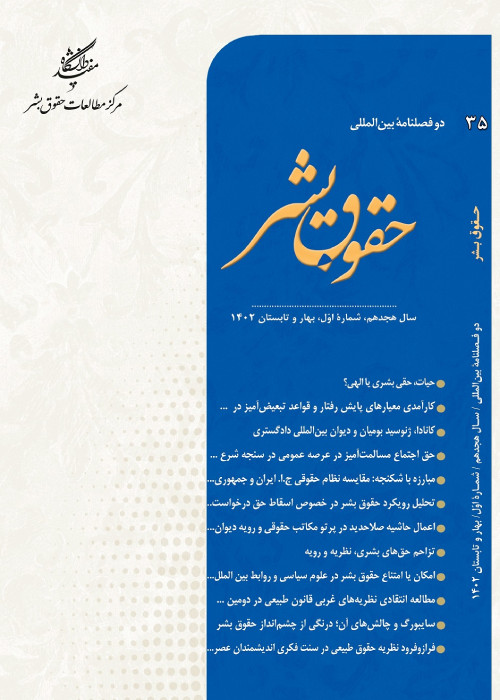Constructing Citizenship through War in the Human Rights Era
Wars historical relationship to the creation of territorial nation-states is well known, but what empirical and normative role does war play in creating the citizen in a modern democracy? Although contemporary theories of citizenship and human rights do not readily acknowledge a legitimate, generative function for war as evidenced by restrictions on aggression, annexation of occupied territory, expulsions, denationalization, or derogation of fundamental rights an empirical assessment of state practice, including the interpretation of international legal obligations, suggests that war plays a powerfully transformative role in the construction of citizenship, and that international law and norms implicitly accept this.
Dominant discourses on citizenship in the liberal and cosmopolitan traditions focus on the individual as the unit of analysis and normative concern, and on his rights against the state. At the same time, the choice of how to construct citizenship to whom to grant it or from whom to withhold it, and what content to give citizenship is closely linked to questions of security and identity: citizenship either presupposes or purports to create some measure of common identity among citizens, and implies obligations as well as rights. This chapter argues that, in assessing legal and moral positions, this role if not necessarily approved must be accounted for to achieve a fuller understanding of how peace, war and rights are related.
Human rights may be conceptualized as universal, but their application and specific content are often mediated through the state, and therefore understanding how states retain the ability to define the contours of citizenship, including through the effects of war, is critical to an understanding of the actual scope of human rights as a legal enterprise and a lived experience.
The article will examine the formal limits placed on war as an instrument that could affect citizenship; then it will examine the evidence for wars continued effect (through means such as differentiation between citizens and alien residents, expulsion of aliens, assimilation of refugee flows, and border changes); then it will advance an argument about how the factual effects of war interact with legal doctrine (such as through selective definition and interpretation of wars, perfection of wartime changes in peace treaties, and novel demographic changes introduced by peace treaties).
The article considers the concepts of participation, loyalty, and treason; the evidence and implications of wartime propaganda; the rules and practice governing transfer of populated territory between sovereigns; the incentives that the laws of war create for individuals identification with the state; and the accommodation in peace plans of demographic change wrought by war.
Principal reference is made to changes in citizenship status following the wars of the former Yugoslavia, the Algerian decolonization, the postwar settlement of Europe, and to the debates about the contours of citizenship in Israel and the Palestinian territories.
- حق عضویت دریافتی صرف حمایت از نشریات عضو و نگهداری، تکمیل و توسعه مگیران میشود.
- پرداخت حق اشتراک و دانلود مقالات اجازه بازنشر آن در سایر رسانههای چاپی و دیجیتال را به کاربر نمیدهد.


